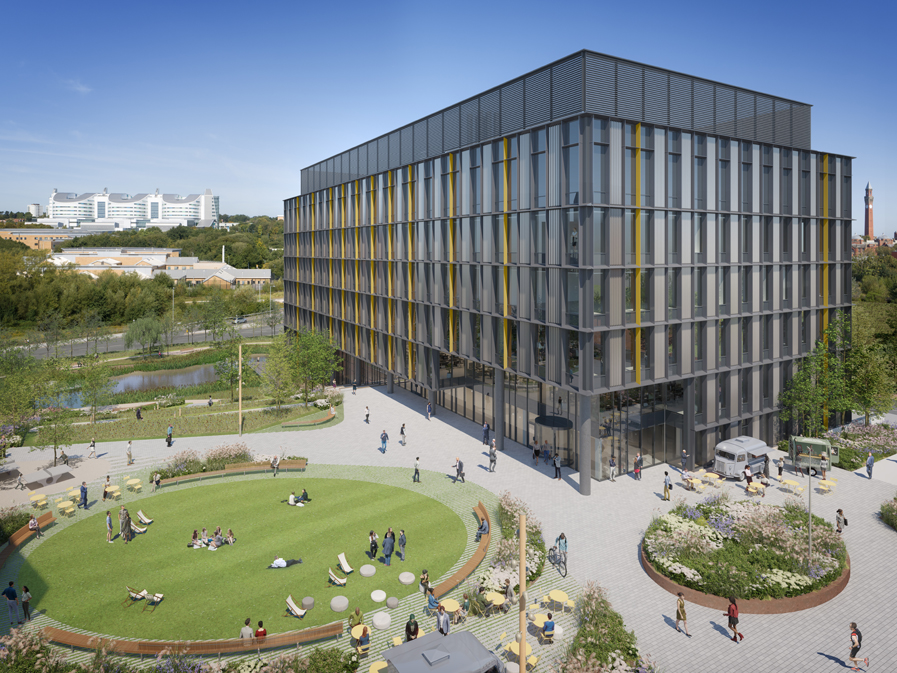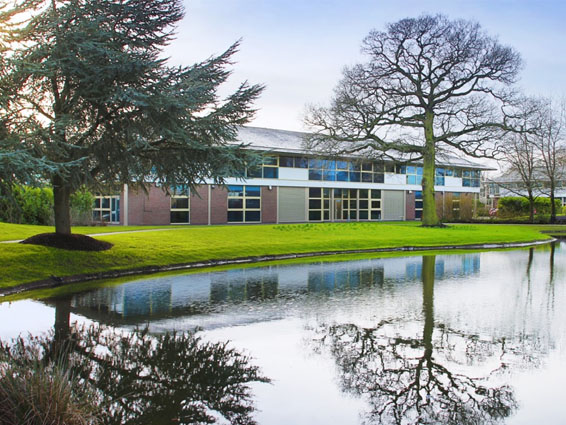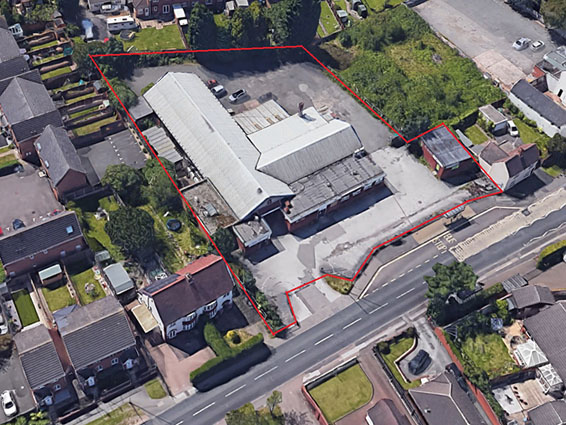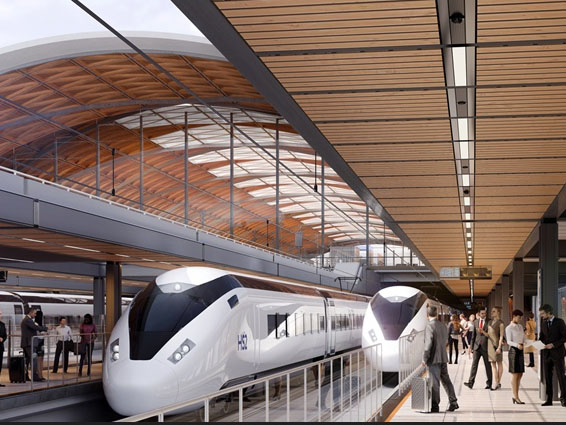Reasons to be optimistic for serviced office sector
Gloomy forecasts for Greater Birmingham’s serviced offices fail to tell the full story, according to a leading player.
Richard Johnson, Managing Director of UBC (UK) – who runs eight business centres across England from his HQ on Birmingham Business Park – admits life during lockdown has been brutally tough for many of his 1,400 clients.
“We have some large corporates, but our ‘bread and butter’ serviced offices client is typically a small and local business employing between three and five people, and the ones in recruitment, leisure and events really have been very badly affected,” he says.
“So far, we’ve lost one-in-seven, or will within three months when their lease winds down. Obviously, there might be exceptions, and at both ends of the scale, but an attrition rate of 14% is pretty typical.
“Clients are looking to us for support with regard to their occupational costs, and we are doing everything we can to help. We are being proactive, offering them discounts, deferrals, or financial support, and I know our efforts are appreciated. At the same time, we are a business and our finances are under pressure.”
John Bryce, Director and Co-founder of KWB, admits it’s been professionally heartbreaking to see local enterprises go under in the last two months.
“Even now, when restrictions are being lifted, and you can see more people returning to work, every day you hear of another small business that hasn’t survived. And it’s through no fault of the owner. Rather, it’s because the demand for their products or services simply isn’t there due to lockdown.
“The pressure is really on landlords and property owners to respond very quickly, and realise that previous trends, such as the move to remote working, are now tangible forces. They also need to be more flexible to accommodate clients who are changing their models.”
However, both he and Richard remain upbeat about post-lockdown prospects for the serviced office sector, particularly in out-of-town locations along the M42 corridor and around Solihull.
“Secondary locations, such as Birmingham Business Park, where you didn’t need to rely on public transport, were already hugely popular long before the virus,” recalls Richard.
“At one of our centres, in Henley-in-Arden for instance, all the tenants live locally, and don’t want to commute into the City. It’s an inconspicuous building on the High Street, but it’s been incredibly popular, and I think our industry will increasingly have to focus on such locations and models.”
John is equally bullish, and believes the changing requirements of major corporate occupiers will stimulate out-of-town activity across Greater Birmingham.
“There’s been a lot of negativity based on the perception that serviced offices are under growing pressure as micro-clients leave the ‘funnel’ at the bottom. However, I think that we’ll see – and conversations are already being had about – large companies coming in from the top,” he says.
“Organisations that have traditionally had very large head offices, with several hundred people, will now look to both reduce the headcount, and increase the office space per person.
“Rather than, say, having 500 people in one multi-storey office, going forward they might look to keep 150 people there, but also operate from a network of remote offices, with small regional – or sub-regional – hubs, with perhaps 10 or 15 people in each.
”The strategic challenge they will then face, of course, is to negotiate with their landlords to change the structure of their lease to account for their much lower requirement, and again, that will require flexibility from both parties.”
For more information on flexible office space in the West Midlands, contact John Bryce, on 0121 233 2330, or email jbryce@kwboffice.com.






